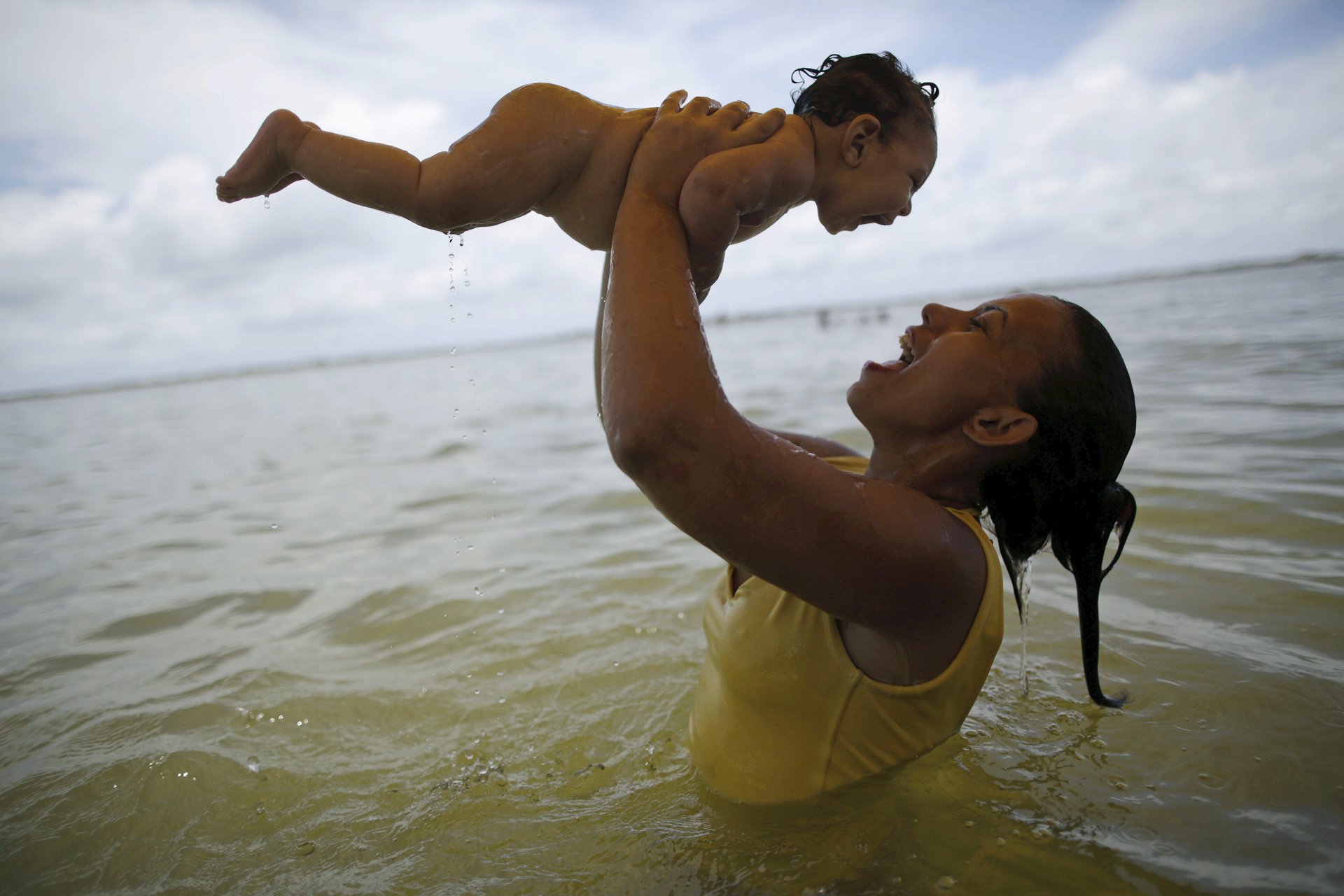Researchers will begin testing an experimental Zika vaccine on humans
An experimental Zika vaccine is ready to be tested on humans.


An experimental Zika vaccine is ready to be tested on humans.
The US Food and Drug Administration gave the green light for the clinical trial, which is expected to begin within a few weeks. The vaccine, named GLS-5700, is being developed by Inovio Pharmaceuticals and GeneOne Life Science.
GLS-5700 will be tested first on 40 healthy subjects, to assess the vaccine’s safety, to measure its ability to evoke an immune response (known as immunogenicity), and to determine the most effective dosage. The vaccine triggered a “robust” antibody response in animal testing, the drug companies said.
The World Health Organization (WHO), which was roundly panned for how it dealt with Africa’s Ebola epidemic in 2014, has been widely applauded for its quick response to the Zika crisis. GLS-5700 is one of several vaccines being developed to prevent infection. The National Institutes of Health is expected to test its own Zika vaccine this autumn. The institute notes that these are early-stage human trials and warns it’ll take several more years before a fully licensed Zika vaccine becomes available.
The US Centers for Disease Control confirmed the link between the Zika virus and microcephaly in April, and called on pregnant women to avoid traveling to countries where Zika is abundant. The virus has rapidly spread throughout Central and South America and has now been linked to another rare, potentially life-threatening disease: Guillain-Barré syndrome (GBS).
The burden of the epidemic has disproportionately fallen on women, particularly poor women living in rural areas. In worst affected areas, health officials have told women to postpone pregnancy by as much as two years.
Though some researchers have called for the Rio Olympics to be postponed, both the WHO and the International Olympic Committee have attempted to dismiss those fears. Research suggests the risk of tourists contracting the Zika virus is miniscule.